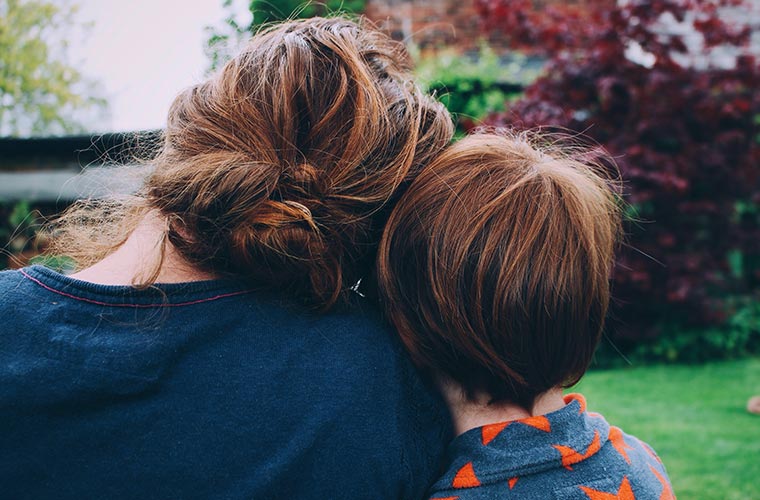“All I am, or hope to be, I owe to my angel mother.”
–Abraham Lincoln
If you have ever doubted the power of a loving mother, consider the following women whose spark lit up their children’s futures.
Jennie married into British aristocracy, yet her marriage was far from fancy balls and high society. Her husband suffered from a serious mental illness and his emotional neglect for his children was real. But Jennie worked hard to develop strength and character in her children. In 1940, Winston Churchill faced the Nazi military juggernaut alone. America and Russia had yet to enter the war, and his fortitude came from a surprising source. During those years he often thought of his mother: “My mother made a brilliant impression upon my childhood’s eye,” he wrote in his memoirs My Early Life. “She shone for me like the Evening Star.”
History knows her as the Iron Lady, but when Margaret Roberts was a young girl growing up in England, she had a soft heart that was profoundly influenced by her mother Beatrice. This homemaker and part-time dressmaker shaped and molded her daughter, sparking an interest in people and public affairs. Prime Minister Margaret Thatcher later noted in her memoirs, “Like many people who live for others, she made possible all that her husband and daughters did. Her life had not been an easy one…it was from my mother that I inherited the ability to organize and combine so many different duties of an active life.”
Martha Ellen was born in 1852 and despite experiencing the Civil War, plagues, floods and droughts during her life, she took diligent care of her children. One young, incorrigible son was particularly influenced by her love and care. From his mother, Harry S. Truman learned his love for music, a commitment to hard work and honesty. Once in the White House he was asked to describe the greatest influences on his life. He answered without hesitation that he was “his mother’s son.” Mattie did live to see her son in the Oval Office. Years later Harry S. Truman said of his mom, “Everything had changed around her, but Mamma Truman had never changed…Her philosophy was simple. You knew right from wrong and you did right, and you always did your best. That’s all there was to it.”
Katharine Martha Houghton was an independent woman, born on February 2, 1878. She studied at Bryn Mawr College before marrying Dr. Thomas Norval Hepburn. They built a loving home where they raised six children—Tom, Dick, Bob, Marion, Peg and Katharine. They gave them a love for music, literature and the theater. Later, when Katharine Hepburn became a big-screen movie success, she credited her mother’s fire and spirit with helping her find her way. She remembered: “Mother with her real savvy for life. She adored us. She was deep. She was witty. Some say I am like her. I hope so, I’d be so proud.”
A young, awkward boy grew up in southern California, plagued by a learning disability that in later years would be called dyslexia. But with his mother’s encouragement and admonishment, he became a strong and capable leader. When General George S. Patton (old “Blood and Guts”) found himself in North Africa grappling with the German Army, his thoughts on the battlefield were often of his mother. It was his mother, he often told colleagues, who ingrained in him the leadership qualities for which he was to become famous. His only regret was that he never expressed sufficient appreciation to her. “Darling Mama,” he began in a letter he wrote after her death, in words that pained him, “You are still very near. I never showed you in life the love I really felt nor my admiration for your courage.”
I hope you don’t have to ever write that kind of letter to your mom. Take time now to reflect on the power she has had in your life—and thank her.



